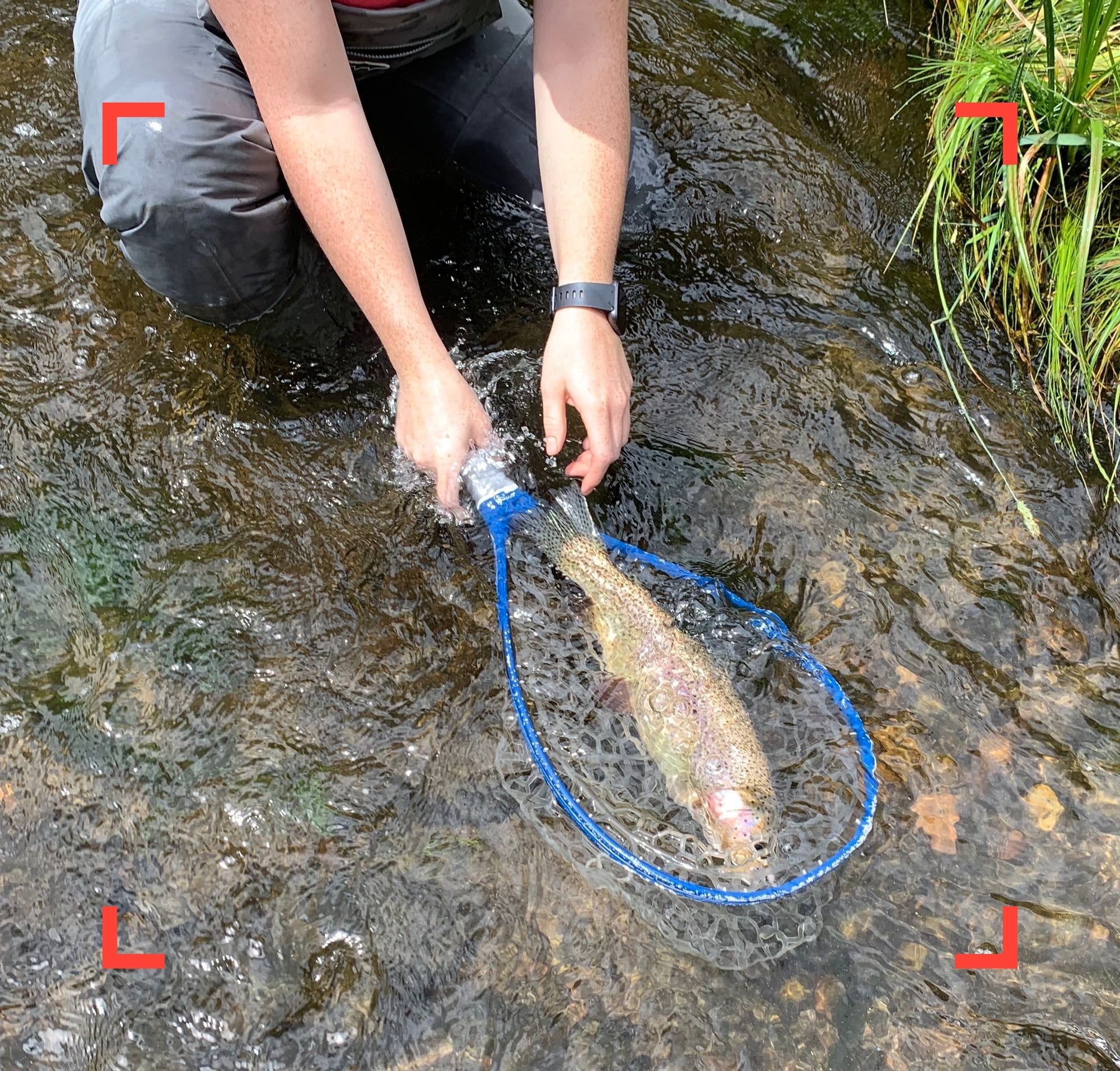The Science of Rest: Trout Get Burnout Too
Do fish remember being caught? And how long would it take to reset the timid behavior of previously hooked fish throughout an entire fishery?

April 2023
In past articles we discussed how catch and release angling produces more timid fish and changes fish behavior within a river or lake, and answered if fish remember being caught. Scientists and anglers know that after a trout is hooked they tend to lay low, de-stress, and recover from the rodeo experience of fighting a taut line. Who can blame them? For busy catch and release fisheries where wave after wave of anglers visit throughout the week, fish that experience hook encounters are less likely to be hooked again during their period of recovery. But how long does a caught and released fish need to recover? And how much time is required to reduce the timid behavior of previously hooked fish throughout an entire fishery?
Recently, scientists have designed experiments which specifically consider the recovery time required by hatchery rainbow trout after being hooked before showing a willingness to feed again. After the initial hook, a fish's threat perception is greatly elevated while in recovery mode; this gradually fades as fish regain their courage and their hunger grows. In a controlled experiment, different periods of rest were examined in between hooking and re-hooking of fish to determine when their threat perception after a hooking incident drops and the fish is again willing to hunt. The scientists determined that short closures of a few days can give fish enough time to return to their hook-vulnerable state, and the researchers saw an increase catch rates across the entire population. Individual fish can sometimes recover and resume feeding in less than 12 hours with reduced angling pressure. (based on personal experience, sometimes even much sooner)
These findings probably hit close to home for anyone who has fished on popular or busy tailwaters during the weekend. Though there are undoubtedly more un-caught fish than those that have been recently hooked, there are still certain days where an angler can't help but wonder if all the water in front of them has already been spooked, or fished through.
What Could This Mean for Anglers?


